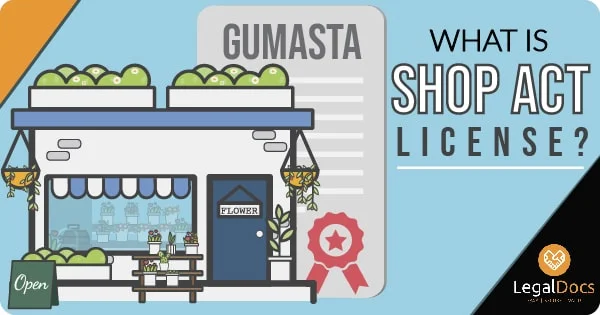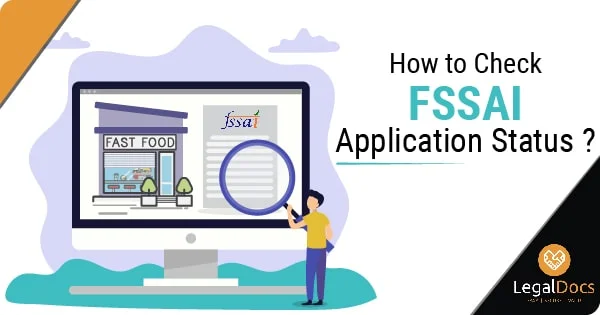What is Shop Act License?
What is Shop Act License?
You might have surely heard about this term, a Shop Act License. But let's brief out what is Shop Act License. One of the vital guidelines to which most organizations in India are liable to be the Shop and Establishment Act, authorized by each state in India. The Act is intended to control installment of wages, long periods of work, leaves, holidays, and other work states of individuals utilized in shop and business foundations.
So why is this Shop and Establishment license required, Basically the Shop act license not only regulates the working commercially but also various other banking sectors, educational institutes, etc. Along with this, Shop act establishment act makes sure that the employees are able to get every required beneficial thing and enjoy their rights such as Intervals, Holidays, Premise surrounding, Hygiene issues in the area where the premise is located, leave, sickness, etc.
Shop Act License in India
If we talk in detail then India is one of the top five locations who has the fastest growing retail market all over the world. In the year 2003, India was having a very minimal amount of shops which were majorly holding small scale business. But since the year 2010, the shops have been increasing in huge supermarkets and convenience stores.
In India, The Shop Act /license is named with several other names such as in few states it is called as Gumasta, somewhere in another state it is known as Ghumasta and in few states it known as Shop Act License.
Yearly thousands of shops get registered in India, along with that it is necessary for the Shop Owners to take Shop Act license for the betterment of the employees.
Gumasta License is an enrollment required for doing any sort of business in the territory of Maharashtra. It is administered by the Municipal Corporation of Mumbai under the Maharashtra Shops and Establishment Act. This is a testament which gives you the specialist to do your business at a specific spot. This permit is an essential necessity for any business to be perceived by the Government or Bank for all business regardless of whether it is finished by a solitary individual or enormous association.
Premises Regulated by the Shop and Establishment Act in India
The Shop and Establishment Act in India is proclaimed by the state and may slight contrast from state to state.
In any case, according to the Act, all shops and business foundations working inside each state are secured by the particular Shop and Establishments Act. Shops are characterized as premises where merchandise are sold either by retail or discount or where administrations are rendered to clients and incorporates an office, a store-room, godown, distribution center or workhouse or workplace. Foundations are characterized as a shop, a business foundation, private lodging, eatery, eating-house, theater or different spots of open diversion or excitement.
Further, foundations, as characterized by the demonstration, may likewise incorporate such different foundations as characterized by the Government by notification in the Official Gazette. Nonetheless, processing plants are not secured by the shops and foundations act and are controlled by the Factories Act, 1948.
Benefits of Shop Act license in India
When you register for Gumasta permit, you can profit for every one of the advantages and duty endowments from the Maharashtra State Government accessible for this plan.
It fills in as a proof of legitimate substance which gives you the privilege to lead the business in the Maharashtra State.
Any business would require a business financial balance to gather cash from clients. Most banks request the Gumasta permit as evidence of personality to open a business financial balance.
Aspects Regulated by the Shop Act
The Shop and Establishment Act directs various viewpoints identifying with the activity of a shop or business foundation. A portion of the key zones controlled by the shop and foundation act include:
Long stretches of work
Interim for rest and suppers
Restriction of work of kids
Work of youngster or ladies
Opening and shutting hours
Close days
Weekly holidays
Wages for occasions
Time and states of installment of wages
Findings from wages
Leave strategy
Expulsion
Tidiness or cleanliness
Lighting and ventilation
Precautionary measures against flame
If the shop or establishment might want to shut down the business, the occupier ought to advise the Chief Inspector by providing a hard copy in fifteen days of the end. The Chief Inspector in the wake of exploring the solicitation for a conclusion can evacuate the shop or business from the register and drop the enrollment declaration.
 Knowledge Center
Knowledge Center


























LEAVE A REPLY: